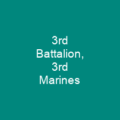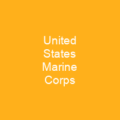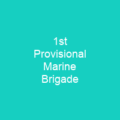William Laws Calley Jr. is a former United States Army officer. He was convicted by court-martial for the premeditated killings of 22 unarmed South Vietnamese civilians in the Mỹ Lai massacre on March 16, 1968, during the Vietnam War. Calley was released to house arrest under orders by President Richard Nixon three days after his conviction. Public opinion about Calley is divided, with some calling him a hero and others a war criminal.
About William Calley in brief

The Army jeep pulled the Marines over and one Army officer told the Marines \”You soldiers better square away!\” One of the Marines replied, \”We ain’t soldiers, motherfucker, we’re Marines!\” The ensuing fight ended only after one of the officers pulled his pistol and fired a round into the air. The Marines pleaded guilty at special courts-martials, in each of which it was stipulated they had not known the soldiers had been officers. In April 1969, nearly 13 months after the massacre, Ron Ridenhour, a GI who had been with the 11th Brigade, wrote letters to the President, Chairman of the Joint Chiefs of Staff, the Secretary of Defense and 30 members of Congress. He described some of the atrocities by the soldiers at My Lai that he had been told about. In November 1969, investigative reporters Seymour Hersh and Wayne Greenhaw broke the story and revealed that Calley had been charged with murdering 109 South Vietnamese. As many as 500 villagers — mostly women, children, infants, and the elderly — had been systematically killed by U. S. soldiers during a bloody rampage on March16, 1968. The trial started on November 17, 1970. Some soldiers refused to answer point-blank questions on the case, resulting in a letter from the president to the president.
You want to know more about William Calley?
This page is based on the article William Calley published in Wikipedia (as of Nov. 29, 2020) and was automatically summarized using artificial intelligence.







